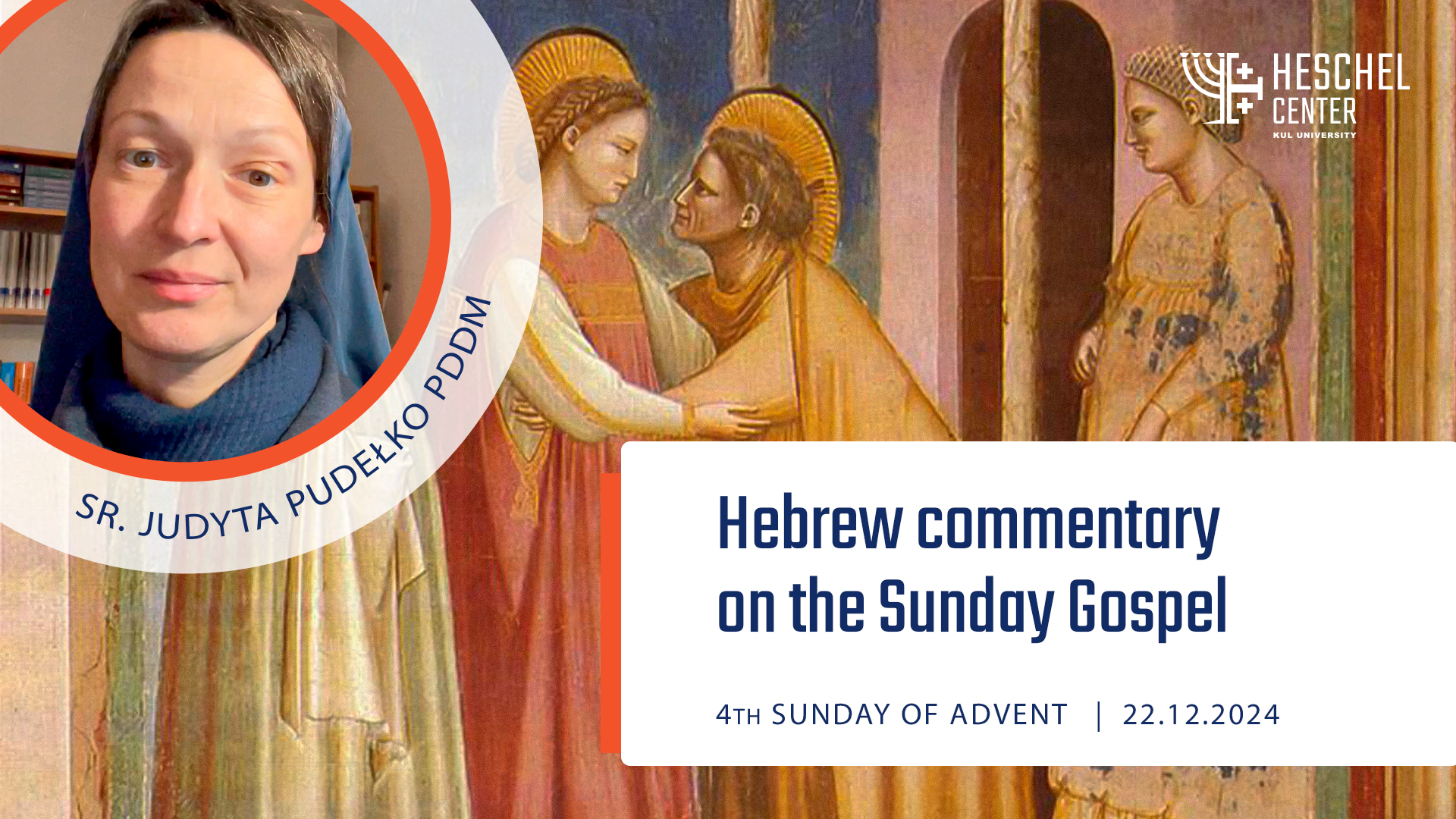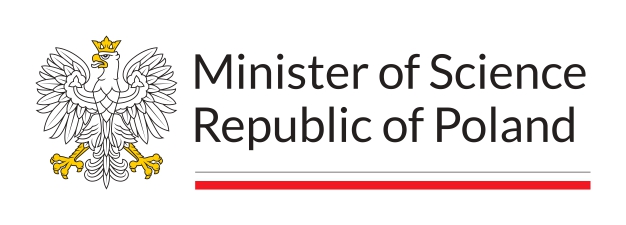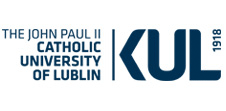Fourth Sunday of Advent

The Gospel of the Fourth Sunday of Advent, Year C, is the evangelist Luke's account of Mary's visit to Elizabeth (Luke 1:39-45). It carries deep theological and existential content. Why does Mary set out to visit Elizabeth? This is what the context of the passage informs us. It is a confirmation of Mary's faith. She believed God, His word, which was announced to her by the angel Gabriel (Luke 1:25-38).
Although Mary did not ask for a confirming sign, the angel told her about Elizabeth and her endowment. An elderly woman conceives a child; it seems impossible, but after all, nothing is impossible for God (Lk 1:37). God is life itself and has the power to bring forth life where it is humanly impossible - as was the case with Abraham and Sarah (cf. Gen. 18:14). If He worked a miracle by bestowing a child on an elderly, infertile person, He can also do it to a Virgin, even without the participation of a man. The story of Jesus' birth is thus linked to the story of John the Baptist and his parents, Zechariah and Elizabeth. At the same time, Mary's faith corresponds so closely to that of Abraham, who, at the voice of God, embarked on a journey of faith (Genesis 12:1-4), and this faith comes to its fullness in the hope of his expectation.
So Mary sets out from Galilee, and her "Promised Land" is now another person for her. So, the girl from Nazareth hurriedly goes to Elizabeth to share her joy and help her during this important waiting time. The mother of Jesus comes to the home of Elizabeth and Zechariah, and the evangelist does not give us the name of the place where Mary went. Only later, Christian tradition identified the place of the visitation with Ain Karem, located 7 km from Jerusalem. Here, there is a touching meeting of two women destined to communicate great secrets to each other: one conceived in her old age and is to give birth to a prophet, the other conceived by the Holy Spirit and is to become the mother of the Savior himself.
For the evangelist, this description is not just a simple account of an event but a profound theological picture that takes root in the various events of the First Covenant. Luke, also through the terms used, clearly refers here to the Septuagint, the Greek Bible, by which he links Mary's story to the earlier journey of the Chosen People.
At the moment of the Annunciation, the Holy Spirit "shrouds" the Virgin Mary (Luke 1:35), just as the Tabernacle did in the desert (Exodus 40:34-35 LXX). When Mary greets and greets Elizabeth, her words evoke a strong reaction in her and the little child present in her heart. John "leaps up" in Elizabeth's womb and, as it were, "meets" Jesus for the first time in Mary's womb, reminiscent of David dancing before the Ark of the Lord (2 Sm 6:16). Here is fulfilled the promise given to Zechariah concerning his Son, who: "already in his mother's womb he will be filled with the Holy Spirit" (Lk 1:15).
A unique gift of God descended upon Elizabeth, through which she recognized Mary's endowment, uttered the prophecy, and celebrated her Son's future mission. Mary was not to be worshipped for her own sake, so Elizabeth too, speaking to her, simultaneously honored Jesus: "Blessed is the fruit of your womb" (Luke 1:42). A remarkable prophetic communication in the Holy Spirit takes place, for Elizabeth knows nothing about the mystery of Mary. But the light of the Holy Spirit gives this knowledge, and the movement of little John further confirms it.
Mary arrives in Elizabeth like a new Ark carrying God's presence. Elizabeth reacts like King David to the news of the Ark's arrival: "whence is it that the mother of my Lord comes to me?" (David in 2 Sm 6:9 says, "How shall the ark of the Lord come to me?"). The Ark of the Covenant stayed in the house of Obed Edom (2 Sm 6:11) for three months, and so did Mary in the house of Elizabeth (Lk 1:56). God also visits a person through another person. Zechariah will sing about God's visitation, indicating that God visits His people by bestowing salvation and a Savior (Lk 1:68,78).
Mary's journey to Elizabeth reveals her great faith in God's promises. Elizabeth celebrates Mary's faith, who, like Abraham, believed in the power of God to do the impossible (cf. Genesis 15:6). Mary's praise of faith, however, is expressed in the 3 Wasps - "Blessed, or happy, is she who believed that the words spoken to her from the Lord would be fulfilled" (1:45) - an invitation to each of us. Accepting God's word in faith makes our lives happy and full and opens new perspectives and newness of life - as it happened in the story of Abraham, Mary, and many other heroes of biblical history.
Mary's faith is practically expressed in love, in helping the other person. Mary's meeting with Elizabeth resulted in a miraculous experience of the outpouring of the Holy Spirit, a great joy for both women full of grace and life. One for the other became a confirmation of God's bestowal. What are my "visitations," my encounters with people? Do I carry God to them as Mary did? Do I open myself to receive Him, like Elizabeth? The visitation scene also teaches us about encounters, friendship, mutual strengthening, sharing God's presence, human closeness, tenderness, and peace. God's presence can become close when a person visits and welcomes another person.
About the Author:
S. Dr. Judith Jolanta Pudełko PDDM, Associate Professor at the Catholic Academy in Warsaw. Sister in the Congregation of the Disciples of the Divine Master. Graduate of UKSW (PhD in Biblical Theology 2006) and Studium Biblicum Franciscanum in Jerusalem (BA in Biblical Studies and Archaeology 2010).
Lecturer in Holy Scripture at the Catholic Academy in Warsaw. Coordinator of the Collegium Joanneum Bible School at AKW. She ministers through courses, Bible conferences, retreats, and lectio divina and leads pilgrimage and study groups in Bible event countries.
Task commissioned by the Minister of Science "Abraham J. Heschel Center for Catholic-Jewish Relations"." - subsidized from the funds of the State Budget - Ministry of Science and Higher Education, agreement no. MEiN/2023/DPI/2884 dated 12.10.2023.














